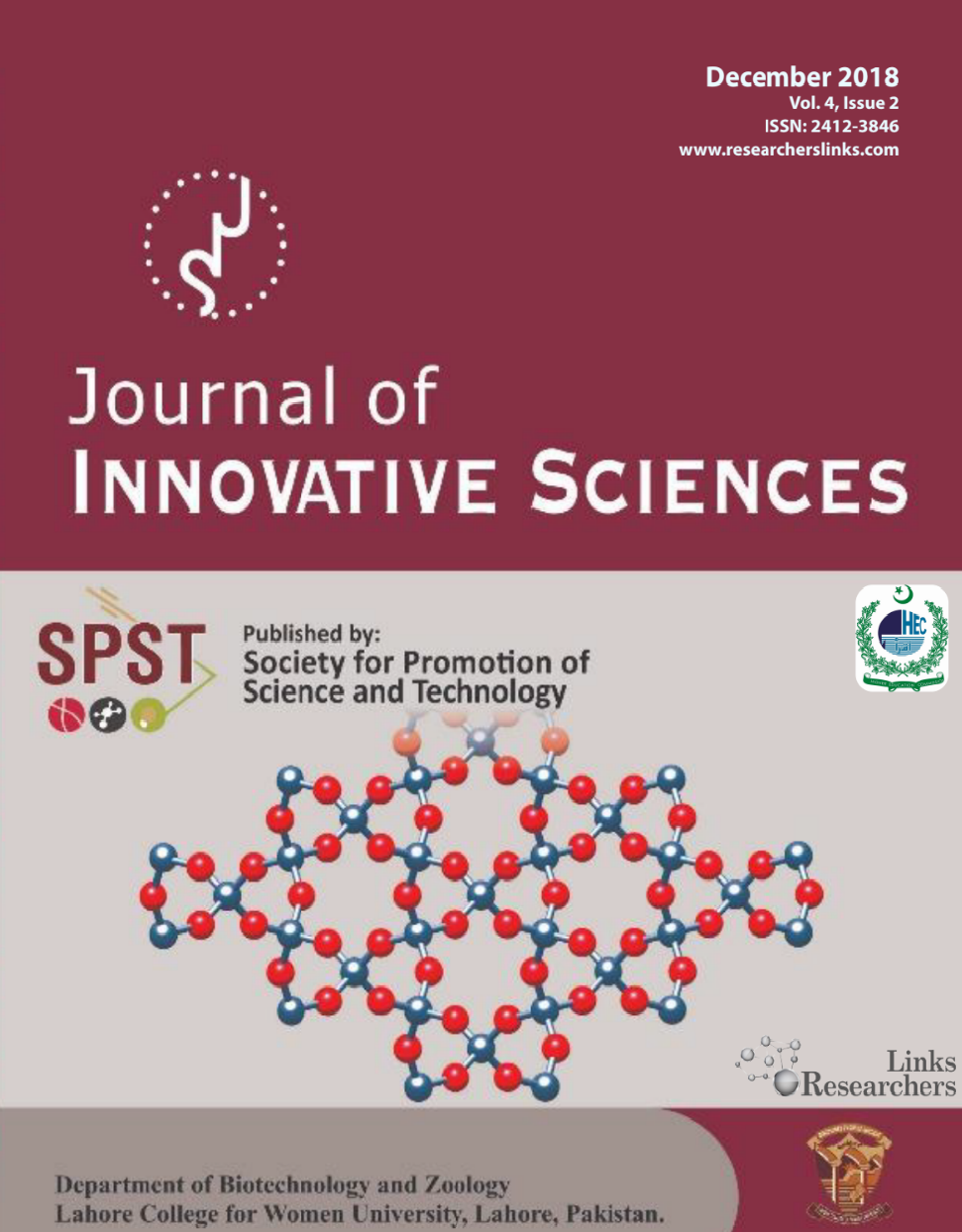Institute of Agricultural Sciences, University of the Punjab, Lahore, Pakistan.
*Correspondence | Amna Shoaib, Institute of Agricultural Sciences, University of the Punjab, Lahore, Pakistan; Email: amna.iags@pu.edu.pk
ABSTRACT
Molds produce noxious mycotoxins and cause more than 30% yield losses. The aflatoxins producer Aspergillus minisclerotigenes and Aspergillus flavus are morphologically similar species that belong to the Aspergillus section Flavi. A. minisclerotigenes and A. flavus were isolated from soybean and okra seeds, respectively. The isolated species were first identified morphologically. ITS1–5.8S–ITS4 primers sequence and amplification of ISSR nucleotide sequences using three primers [P01 (AGAG)4 G, P02 (GTG)5, and P03 (GACA)4] confirmed that A. minisclerotigenes and A. flavus are two genetically distinct strains. Furthermore, both strains were qualitatively analyzed for aflatoxins (AFB1 and AFB2) production by thin-layer chromatography (TLC). A polyphasic strategy as adopted for the current study is a reliable and reproducible means to differentiate A. minisclerotigenes from A. flavus, indeed essential in interpretations of taxonomic and nomenclature of A. flavus group that may allow prior diagnosis and selection of effectual antifungal agents.
To share on other social networks, click on any
share button. What are these?





